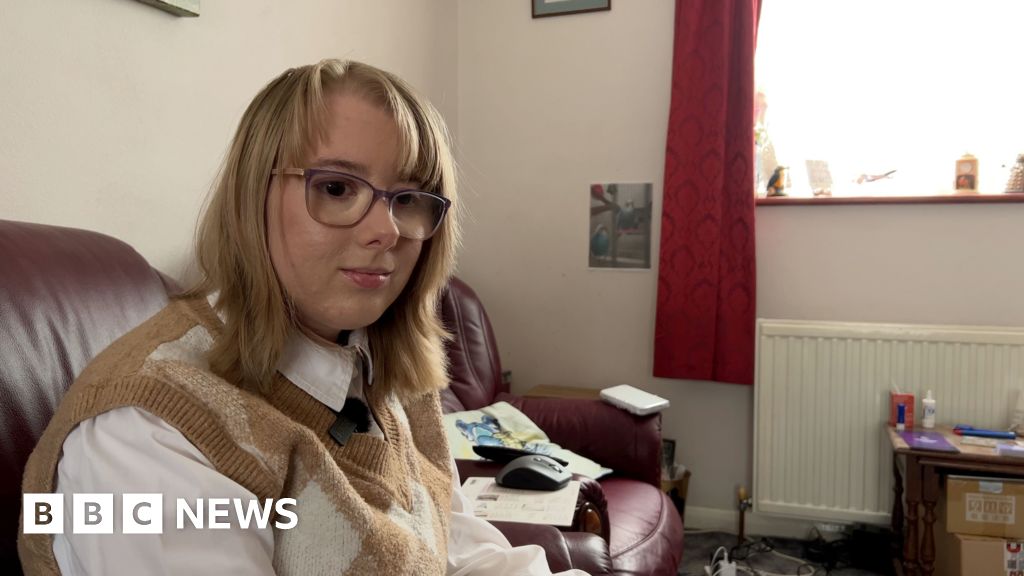Image captionSophie Brudenall told the BBC she often feels “demonised” in the political debate about disabled people in work.Article informationAuthor, Jo CampbellPost, BBC News
2 hours ago
With just two weeks to go until the election, BBC South will continue to cover the issues that matter to you through Your Voice, Your Vote.
So far, over 1,000 people have told us what would help us decide who should run the next administration.
Disabled people often say they are concerned about the focus in some quarters on cutting welfare payments.
Sophie Brudenall, 24, from Slough, got in touch to say she felt she had been “demonised”.
“I’m looking for people who care about disabled people, not forcing them to do jobs they can’t do,” she said.
Sophie, who is currently studying for a degree in games design and creative writing at Brunel University in West London, said she had previously been encouraged to take up jobs such as lorry driving, despite being registered as blind since 2012.
Image caption: Sophie Brudenal has glaucoma and other eye conditions, making her best suited for a job that requires her tactile skills.
She has glaucoma, a condition in which damage to the optic nerve impairs peripheral vision, and aniridia, a condition in which the absence of an iris makes the eye sensitive to light.
Sophie says that when she watches political debates on television, she rarely hears politicians talking about disability.
She says all the current manifestos seem to place too much emphasis on reducing the taxpayer’s burden on benefits, including Personal Independence Payment, which is supposed to help disabled people like her with the extra costs of living with a disability.
Image caption: Disability issues are ‘hardly mentioned’ in political debates, says Sophie
Statements from the parties involved
The Liberal Democrats are insisting that disabled people have the right to work from home, and they are also calling for targeted strategies to help disabled people get into work.
The Greens want pay gap legislation to ensure disabled people are paid fairly, and they want to ensure all disabled workers have the support they need in the workplace.
Labour policies include tackling the backlog of work opportunity claims, with Labour saying it believes the work ability assessment is not working and needs to be reformed or replaced.
The proposed reforms would ensure that “those who can work will work” and that personal independence payments and work capacity assessments should be carried out face-to-face.
The Conservatives say they will reform disability benefits to make them better targeted and reflect people’s real needs, and ensure there is no unsustainable rise in PIP claims.
Image caption: Paralympic sports should create a ‘positive narrative’ for disability politicians, charities say
The charity Business Disability Forum pointed out that the election comes just before the Paralympics, when disabled athletes will gather in Paris.
The association’s chief executive, Diane Lightfoot, said politicians should see the Olympics as an example for how disability should be viewed.
“What we would like to see from future governments is a more positive narrative around talent and opportunity,” she said.
“We saw it in London 2012 and this is a Paralympic year, we have the chance to do it again.”
What really matters to you in this general election? What issues will influence your vote? Click the button below to submit your idea and it could feature on the BBC.
contact
Your voice, your vote

